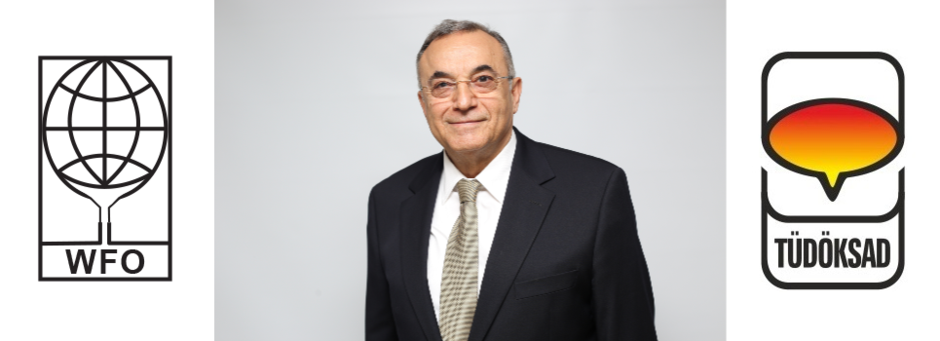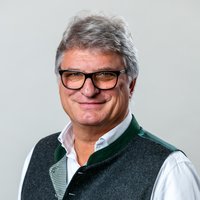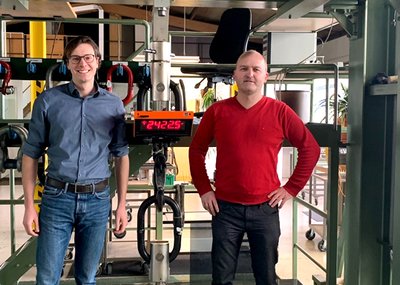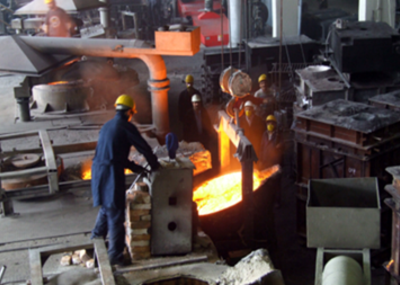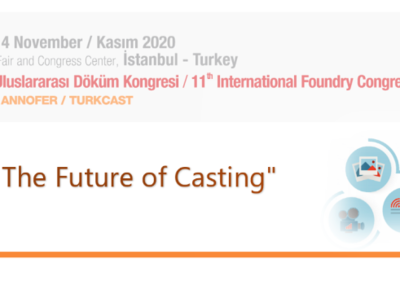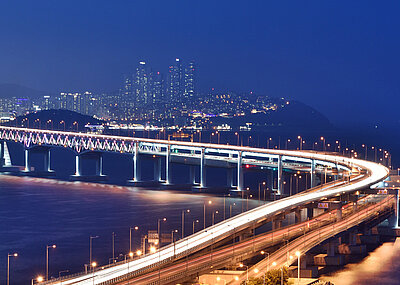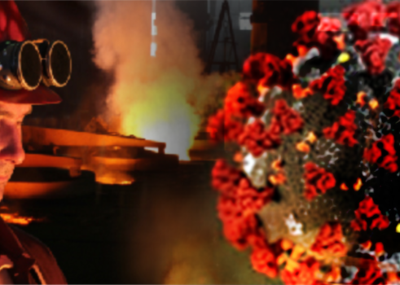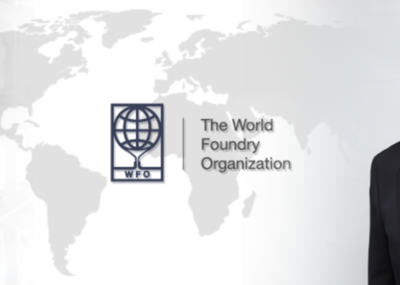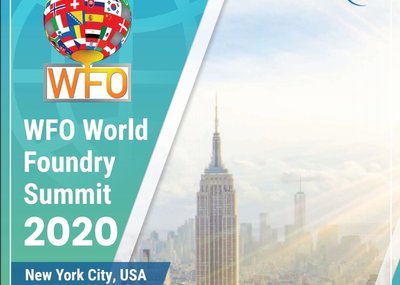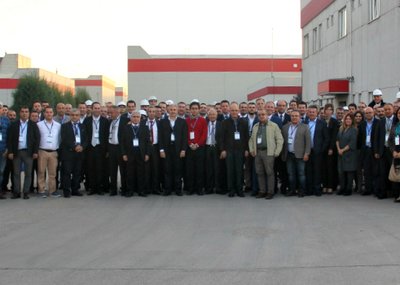Having worked in the foundry industry for 48 years, Umur Denizci has a wealth of technical, practical and business experience. He is the President of the Turkish Foundrymen’s Association, TUDOKSAD, and has served on the WFO Executive committee for more than ten years, providing him with ample understanding of the global marketplace. He has a BSc, MS degree in metallurgical engineering and established the jobbing foundry Denizciler Dokumculuk in 1978.
Foundry Planet really appreciates to talk to Mr. Umur Denizci, a profound foundry professional.
Foundry-Planet: How do you assess the current situation in the foundry industry, and what are the biggest challenges?
Umur Denizci: The world has been facing with extra ordinary political, social and economical changes in the recent time and it is becoming more and more noticeable for each branch of the industry-economic activity. In my point of view, despite of current rising trend in total production volume and total turnover, the foundry industry needs to innovate current business models in line with the latest issues such as additive manufacturing and rapid prototyping, e-mobility and digital transformation in the medium term.
FP: The transformation of the automotive industry is both an opportunity and a risk. Where do you see the best opportunities for the foundry industry?
Umur Denizci: Ongoing R&D efforts and investments in electromobility and connectivity is being led by the automotive industry and the administrative authorities. Companies are looking for providing appropriate solutions which meet the emissions regulations and creating adequate value chains for the new components and systems. In line with the expected growth rate of this market and new design concepts for powertrains and structural parts, new application areas and business opportunities will originate for the metal casting industry.
FP: How will digitalization, artificial intelligence, and additive manufacturing affect the different casting processes, and where do you see different developments in the global markets?
Umur Denizci: Additive manufacturing and digital transformation concepts have been gaining interest in the last few decades as an alternative to the conventional manufacturing methods. In my opinion, increased technology investments on automation, robotics and 3D/additive manufacturing equipment, (particularly sand printing applications), process efficiency yield to a significant quality increase and incline in the added value by the foundry industry while supporting its competitiveness. Impacts of the subjected technologies may differ upon country specific conditions, however combining existing knowledge with modern manufacturing principles are necessary to creating new approaches and business models as mentioned above.
FP: The discussion about global climate change also challenges the foundry industry in many ways. Where do you see potential for energy saving in companies?
Umur Denizci: Foundries are energy intensive manufacturing units, where adoption of the best energy solutions offers great energy saving potential. The melting operation alone consumes nearly more than half of the total energy consumed by the foundries compared with all the other operations.
It is of vital importance in this energy-intensive industry to utilize the highly automated systems, digitalize the production processes and interconnect the relevant units to reduce energy use and stimulate the implementation of best practices for energy efficiency improvement. Quick and accurate control of chemical and metallurgical quality of the molten metal, monitoring the power consumption and auditing the plant operations are key factors to improve the casting yield and eliminate the losses while reducing the energy use.
FP: Which material and component developments are currently emerging, and how will the foundry landscape develop in the future?
Umur Denizci: The transition from traditional cast iron and steel alloys towards light alloys has increased its pace, as a result of the pressure on reduction of greenhouse gases. However, cast irons still preserve their competitive position due to their versatility in addition with complex design requirements and newly developed material grades which provide superior properties. Moreoever, considering that the additive manufacturing technology is entering the race, it has a huge potential to alter the material landscape that is being used in various industries today.
FP: What would you like to achieve during your tenure as WFO President in economically, technologically and politically stormy times, and what can companies do to stabilize and develop?
Umur Denizci: It is a very important transition period for the World Foundry Organization. We have been in the process of critical structural changes over the past five years to further enhance our commitment to our member associations. Our aim is to enrich the services we provide them and their members. Our strong secretariat team, enriched communication channels and social media presence are the key elements of this objective and maintain their crucial functions in the following period.
The WFO Technical Forum, World Foundry Congress and WFO Global Foundry Summit are our main networking tools to be able to share technological and business developments, which is essential for our community to gain insights and develop new strategies. The excellent communication with our member associations also gives us the ability to publish global production trends and news about the international foundry sector. I look forward to continuing to increase our strategic plans to meet the industry’s expectations.

